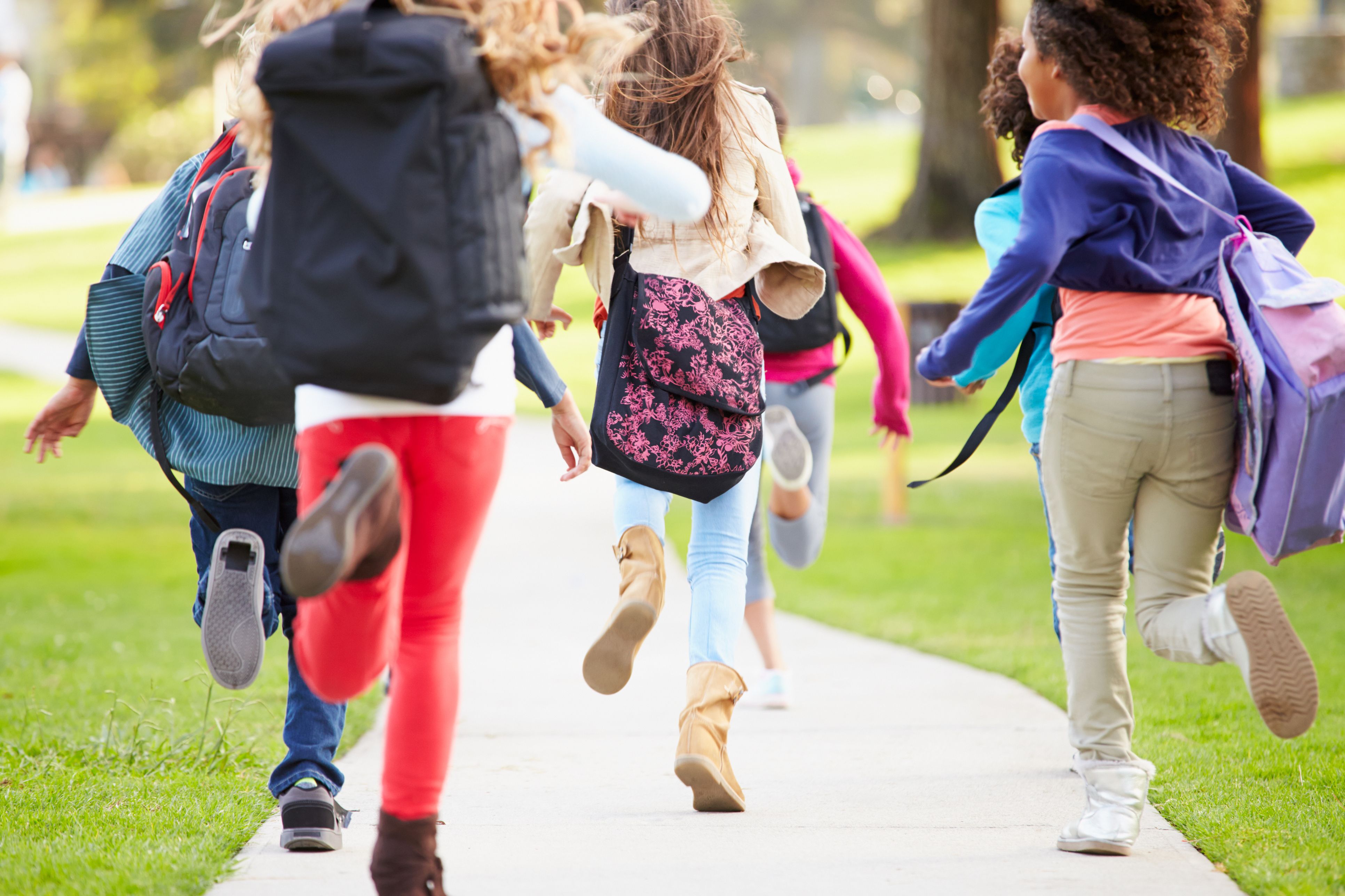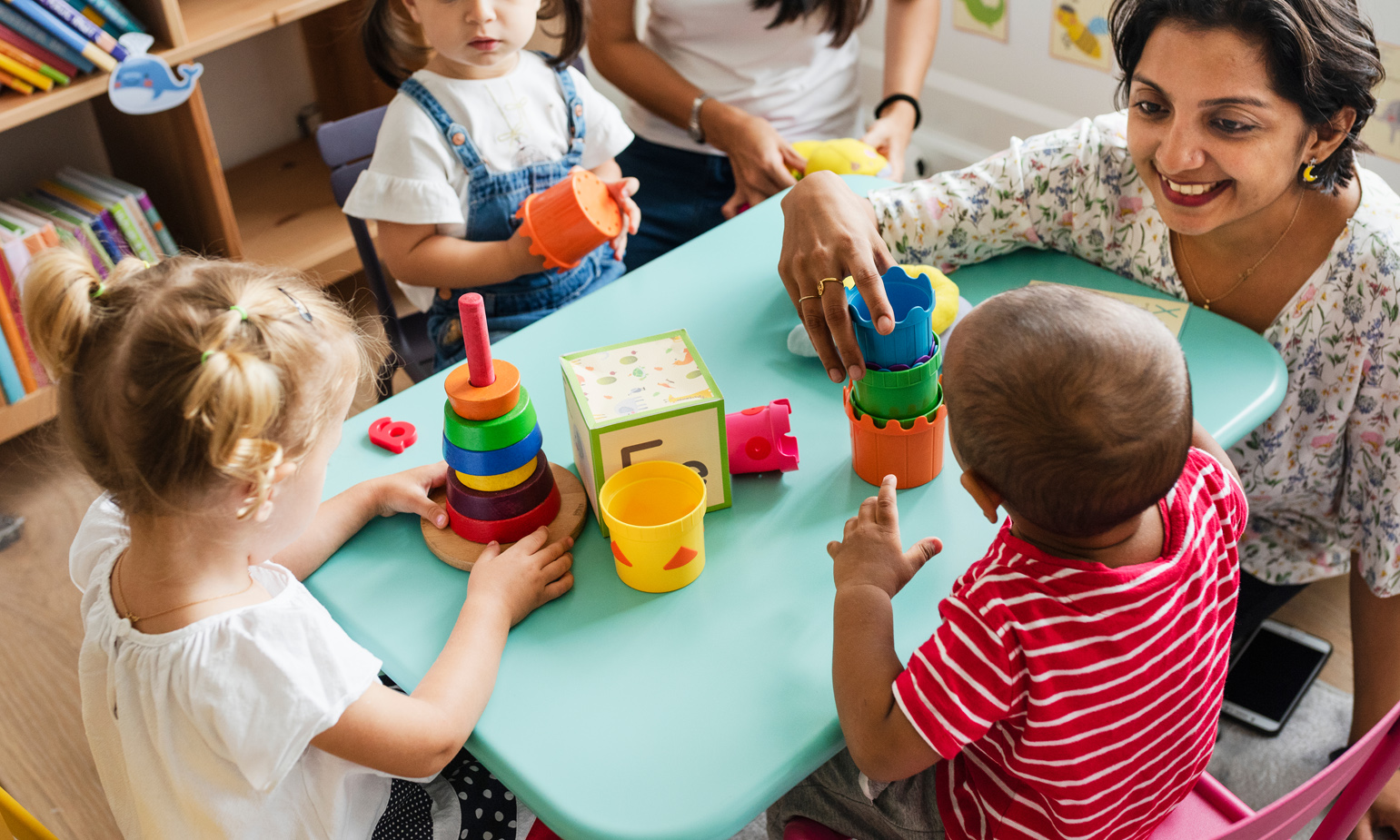Top Tips To Get Your Child Ready for the School Years

The school years can seem very daunting for a young child and often somewhat scary for some. Even parents can feel anxious about sending their kids off to school for the very first time. After all, it’s a major life change and your child will likely spend at least the next 12 years studying and learning in a classroom environment. If university or further education follows, then that’s even more years added onto their schooling.
It’s important for children to be as prepared as possible for the school years and this preparation should commence at a very early age. This way, by the time they do start Grade 1, they’ll have a sense of self-confidence, awareness and preparedness that will allow them to enter those school gates without trepidation and actually be looking forward to the school years ahead.
Let’s look at just a few ways this can be achieved.
Start Teaching Children Some Basic Academics At Home
The majority of parents are certainly not trained school teachers, but every parent can teach a young child some of the basics. Keep in mind that small kids basically just want to have fun and do stuff they find interesting and enjoyable, so try and make any home lessons interactive, relevant and fun.
Rudimentary mathematics is something you can definitely teach a preschool-aged child. You can even buy some puzzle games or download mathematical puzzle games for a smartphone or tablet to help your child learn the basics in an engrossing manner.
Basic spelling and reading can also be taught at home, along with encouraging a child to learn to draw or paint. This will help to expand the creative side of their developing brains.
Enrol Your Child In a School Readiness Program
Many daycare centres and early education facilities offer what’s known as a “school readiness program”. School readiness for preschoolers is all about doing everything to ensure young children are well prepared for the school years to come. The whole idea is to make the transition as smooth as possible.
What will your child learn and develop in a school readiness program?
For starters, along with some of your own home tuition, kids learn the basics in subjects like math, science, English, reading, spelling and computers. This gives them a good grounding in academics before school starts.

School readiness programs don’t focus on academics alone though. The focus is also placed on other key areas of physical, mental and emotional development, as well as teaching kids how to communicate effectively and interact with their peers and adult minders. Ultimately, it’s all about developing self-confidence and a sense of independence.
Have Regular Talks With Your Child About School
The more familiar a child is with school and what to expect, the far less scary the prospect seems. This can be achieved via regular communication, having chats with your child about school, what goes on at school, what they’ll learn and so on. Try and highlight the positives as much as possible so your child will be looking forward to starting school and not dreading the big day.
If the child has other siblings that are currently going to school, they can also help to reassure the younger sibling that school is something fun to look forward to.
Encourage Your Child To Be Sociable Early
Going to school for the very first time and being surrounded by a thousand other kids can be daunting on a social level. That’s why it’s imperative that kids learn to be social even before school starts.
One way this can be achieved is to organise regular activities and play dates with other kids of a similar age. Some of these kids might even end up attending the same school, so your child will already know someone when they’re there. This will make them feel a lot more confident and secure, having a friend starting school with them.
Arranging activities with other kids not only teaches your child to be less shy and more sociable, but they will also learn to communicate more effectively.
The Wrap
There are numerous things you can do to help prepare your child for school. This article has just offered up a few handy suggestions.






